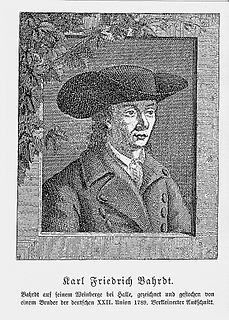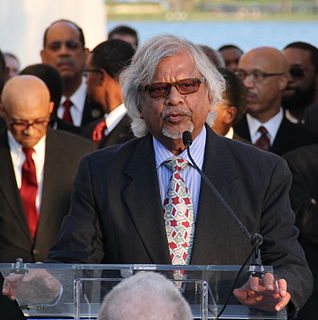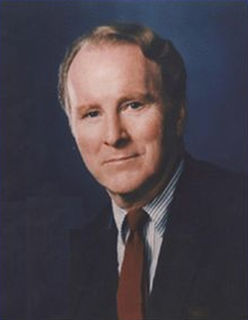A Quote by Bhagat Singh
Revolution is an inalienable right of mankind. Freedom is an imperishable birth right of all. Labor is the real sustainer of society, the sovereignty of the ultimate destiny of the workers.
Quote Topics
Related Quotes
We know that freedom has many dimensions. It is the right of the man who tills the land to own the land; the right of the workers to join together to seek better conditions of labor; the right of businessmen to use ingenuity and foresight to produce and distribute without arbitrary interference in a truly competitive economy.
The fundamental rights of [humanity] are, first: the right of habitation; second, the right to move freely; third, the right to the soil and subsoil, and to the use of it; fourth, the right of freedom of labor and of exchange; fifth, the right to justice; sixth, the right to live within a natural national organization; and seventh, the right to education.
The chief duty of governments, in so far as they are coercive, is to restrain those who would interfere with the inalienable rights of the individual, among which are the right to life, the right to liberty, the right to the pursuit of happiness and the right to worship God according to the dictates of ones conscience.
The ultimate object of education should be, Gandhi said, to help create not only a balanced and harmonious individual but also a balanced and harmonious society where true justice prevails, where there is no unnatural division between the haves and the have-nots, and where everybody is assured of a living wage and the right to live and the right to freedom.
Even a superstitious man has certain inalienable rights: the right to harbor and indulge his imbecilities, provided only that he does not try to inflict them upon others by force; he has the right to argue for them as eloquently as he can. But he has no right to be protected from the criticism of those who do not hold them. He has no right to demand that they be treated as sacred. He has no right to preach them without challenge.
When our laws tell people that what lies behind the thin wall of a women's abdomen during pregnancy is not a human being and that the destiny of a preborn child lies with the private conscience of the mother, we are essentially telling society that life itself is not important enough to be called an inalienable right. If life itself is not the most fundamental of all rights, then what is?
The obligation to earn one's bread by the sweat of one's brow also presumes the right to do so. A society in which this right is systematically denied, in which economic policies do not allow workers to reach satisfactory levels of employment, cannot be justified from an ethical point of view, nor can that society attain social peace.
A free citizen in a free state, it seems to me, has an inalienable right to play with whomsoever he will, so long as he does not disturb the general peace. If any other citizen, offended by the spectacle, makes a pother, then that other citizen, and not the man exercising his inalienable right, should be put down by the police.




































